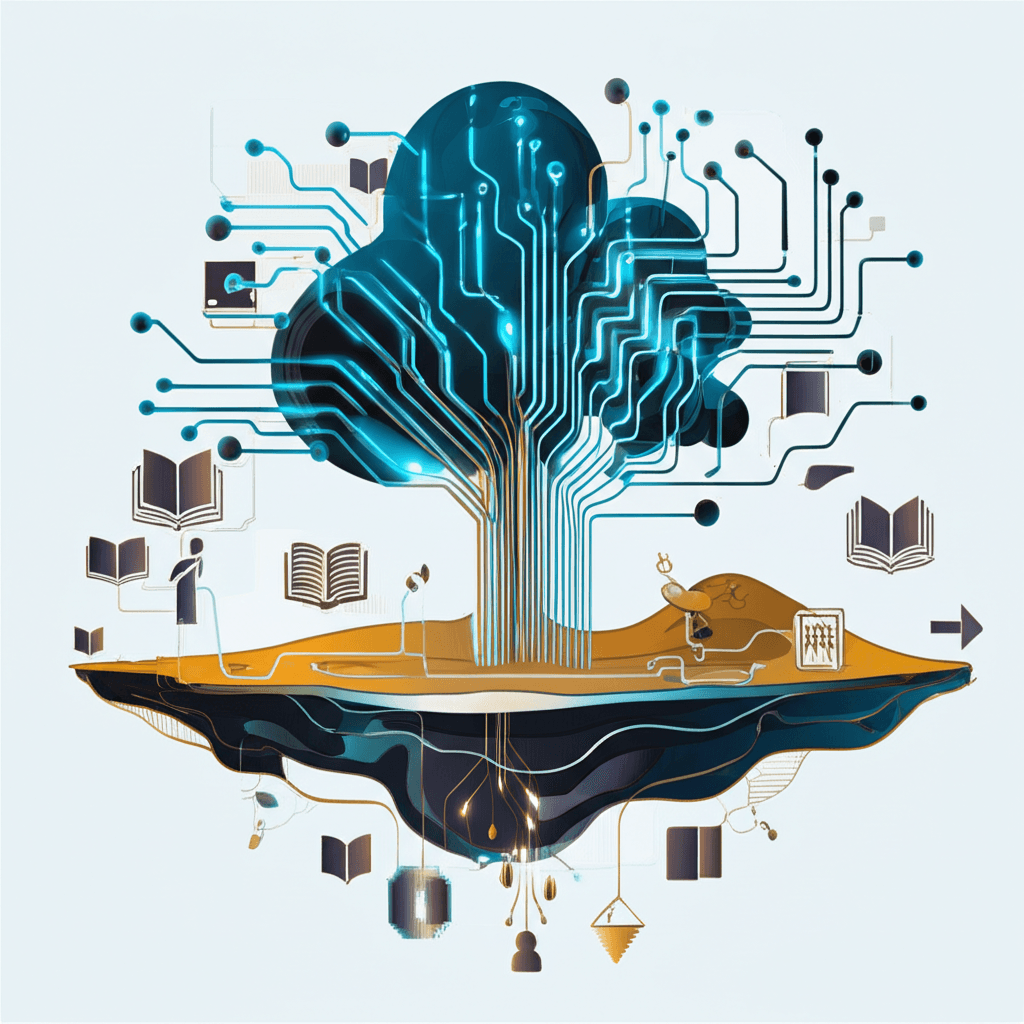Pivotal AI Shift: Humanities Now Foundational for Ethical Development
Beyond algorithms: Why integrating humanities and social sciences is essential for truly intelligent and ethical AI.
August 7, 2025

A coalition of leading research institutions is championing a fundamental shift in the development of artificial intelligence, arguing that the humanities and social sciences must be integral to its future. The 'Doing AI Differently' initiative, led by The Alan Turing Institute, the University of Edinburgh, and the UK's Arts and Humanities Research Council (AHRC-UKRI), in collaboration with international partners, calls for a human-centered approach to counter the prevailing purely technical and mathematical treatment of AI.[1][2][3] This movement stems from a growing recognition that as AI systems become more embedded in society and generate cultural outputs like language and images, they require a deeper understanding of human contexts, values, and experiences.[1][4]
The core problem, as identified by proponents of this new approach, is that current AI development is often detached from its ultimate societal impact. AI systems trained on vast datasets can inherit and amplify existing biases, leading to discriminatory outcomes in areas like hiring, financial lending, and law enforcement.[5][6] This "qualitative turn" in AI, where systems produce content that mimics human cultural artifacts, has created an urgent need for perspectives that can interpret and shape this output beyond mere technical proficiency.[4] Without integrating disciplines that study human culture, behavior, and ethics, the risk of creating powerful but socially inept or even harmful technologies increases.[5][7] The purely technical focus can also lead to a lack of common sense reasoning in AI, making it brittle and unable to navigate the complexities of real-world situations.[6][8]
The 'Doing AI Differently' initiative and similar human-centric AI movements advocate for positioning the humanities and social sciences as foundational, not just supplementary, to the AI development pipeline.[1][3] This means involving historians, philosophers, sociologists, anthropologists, and legal scholars in the very design of AI systems, not just as an afterthought to analyze their effects.[1][5][3] These disciplines offer crucial expertise on data quality, fairness, transparency, privacy, and accountability.[5] For example, social scientists can use their methods to assess societal risks and biases in AI systems, while philosophers and ethicists can help create frameworks to guide development.[5][9] The goal is to create a "new research paradigm" defined by radical collaboration, closing the gap between computational sciences and the arts and humanities.[10] This synergy is seen as essential for ensuring that technological advancements are grounded in ethical and human-centered perspectives.[11]
The implications of this shift for the AI industry are profound. It challenges the sector to move beyond a narrow focus on optimization and efficiency towards a more holistic understanding of value. For a partner like the Lloyd's Register Foundation, a global safety charity, this approach is paramount to ensuring future AI systems are deployed in a safe and reliable manner.[2] Integrating humanities and social sciences can lead to the development of AI that is more robust, trustworthy, and attuned to human needs.[12][13][14] This involves co-creating tools and policies with the people who will use and be affected by them, from patients and doctors in healthcare to communities whose knowledge systems are often excluded from AI design.[12][4] By fostering interdisciplinary teams, the industry can develop AI that not only avoids negative consequences but actively contributes to solving major societal challenges and amplifying the best aspects of humanity.[2][7]
In conclusion, the call to "do AI differently" represents a pivotal moment for the technology's trajectory. It is a move away from viewing AI as a disembodied set of algorithms and toward understanding it as a deeply social and cultural force. By embedding the insights of the humanities and social sciences into the core of AI research and development, the initiative aims to build a future where artificial intelligence enhances human ingenuity and respects cultural diversity.[3] This collaborative, human-centered approach seeks to ensure that as AI becomes more powerful, it remains a tool that serves, rather than subverts, human values and well-being.[7][15] The success of this endeavor will depend on fostering genuine, boundary-crossing collaborations that value diverse forms of knowledge and expertise.[4][13]